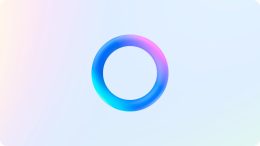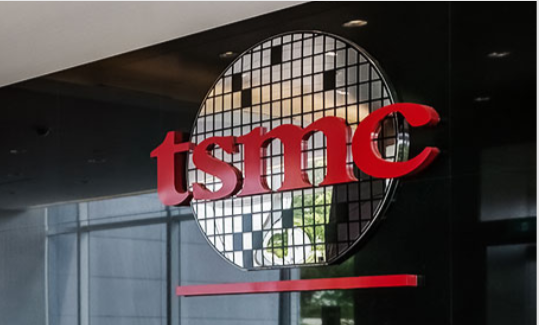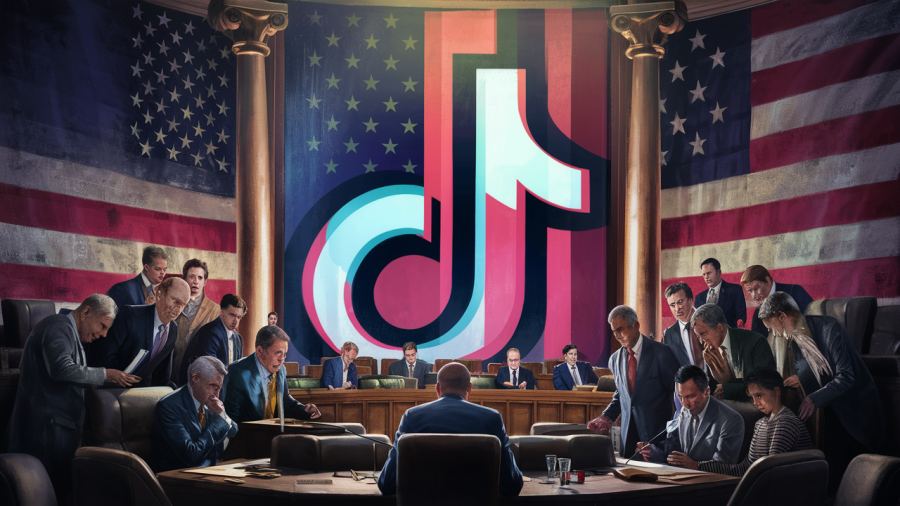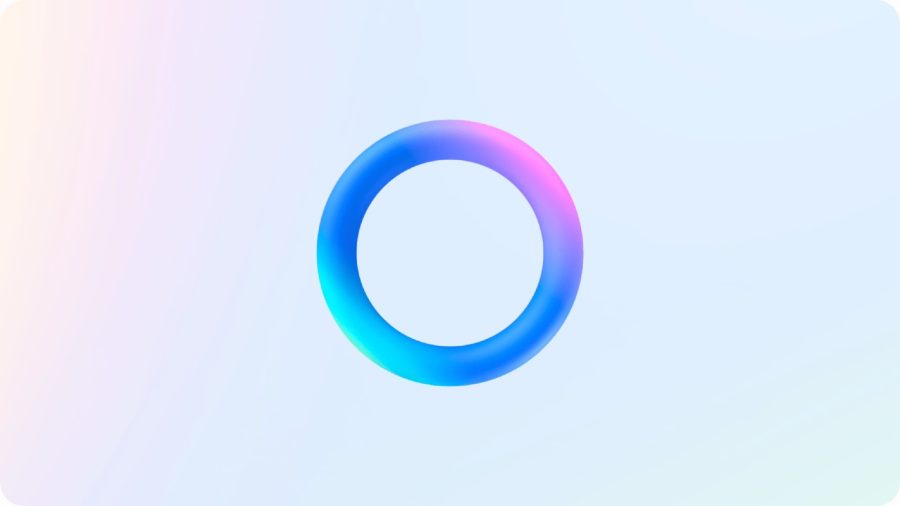When Facebook announced their “open
platform” in May 2007, it suddenly became all the rage. Third party web app
developers rushed to integrate their apps into this increasingly popular social network
platform – and who could blame them? It makes sense for startups to have a presence on a
platform that has tens of millions of users. Plus, Facebook promised a more open
experience than its arch-rival, the Rupert Murdoch-owned MySpace. As Facebook Founder and
CEO Mark Zuckerberg said at the F8
launch in May, “at Facebook, we’re pushing to make the world a more open place”.
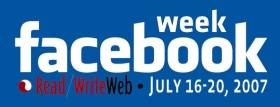
But how open is Facebook, really? Turns out, not that much.
In researching this article, I discovered that there isn’t much argument over whether
Facebook is open or closed. Most agree that it is not, at heart, an open platform. But
there is certainly disagreement over how open or closed it is; and therefore
whether Facebook is ultimately good or bad for the Web. Some say that Facebook is as
closed a platform as AOL was, in the early days of the Net. In this post we’ll explore
that theme – and try to determine whether Facebook will suffer the same fate as AOL in
the 90’s.
Position 1: Facebook is Bad
Let’s first look at the argument that Facebook is not only not open, but is
ultimately bad for the Web. Jason Kottke perhaps represented this position best, with a
post at the end of June entitled: Facebook is the new AOL.
The post’s title clearly implies that Facebook circa 2007 is as much a walled garden
(i.e. closed platform) as AOL was back in 1994. Kottke’s argument is that instead of web
apps plugging into Facebook, it should be the other way round: i.e. web apps should “run
on the internet, out in the open, and people can tie their social network into it if they
want.” In a follow-up
post, Kottke clarified that “the platform is great for Facebook, but it’s a step
sideways or even backwards (towards an AOL-style service) for the web.”
Kottke made some great points: that most Facebook data is private (you need to be a
member to access it) and that it’s not indexed by Google or other search engines. Indeed,
in both respects, Facebook is more closed than MySpace!
Walled Garden Pic: Alex
Eckford

Position 2: Facebook is Good
Marc Andreessen has a thorough post extolling
the virtues of Facebook. Note that he doesn’t say that the platform is open; nevertheless
his position is that Facebook is overall good for Web developers and startups. He says
“the Facebook API enables outside web developers to inject new features and content into
the Facebook environment.” He goes on to argue that Facebook’s development platform is
more sophisticated than MySpace’s ’embedding’, because Facebook provides “a full suite of
APIs” to developers, it provides easy distribution and allows third parties to earn money
off their Facebook apps. Andreessen makes some very valid points – in summary, that the
Facebook platform is great for developers and also for users.

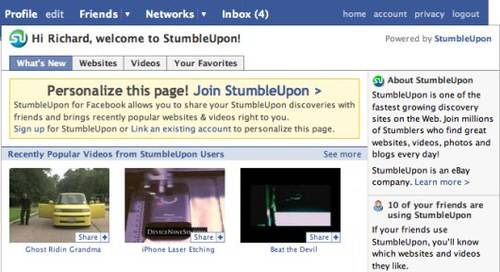
Why Facebook Isn’t Open
Facebook ultimately is a closed, proprietary system. Primarily this is because
Facebook doesn’t use existing Web standards for mark-up or database language. Instead of
using HTML and SQL, Facebook uses two “variants” – called FQL and FBML. The official
reason for the variants is that they offer more functionality and integration within the
Facebook environment – which is no doubt true, however it also of course means your apps
can only run in Facebook. As Andreessen noted, the upshot is that “Facebook’s own code
and functionality remains closed and proprietary.”
What is FBML? Dare Obasanjo
described it well: “The markup language [FBML] is a collection of “safe” HTML tags
like blockquote and table, and custom Facebook-only tags like fb:create-button,
fb:friend-selector and fb:if-is-friends-with-viewer.”
Facebook is not an open platform, let’s get that straight. However it is a very
usable, flexible and highly
functional platform. These are positive things, but I’m inclined to agree with Kottke’s
position that ultimately, it’s not a step forward for the Web.
Overall I liked Andreessen’s term for all this: “living in Facebook’s world”. That is
precisely what the Facebook platform is – a developer-friendly platform that mimics the
Web (e.g. using FBML instead of HTML). It’s attractive to developers, because so many
people are using Facebook and its growth shows no signs of slowing. And
developers and startups can make serious coin from the Facebook platform.
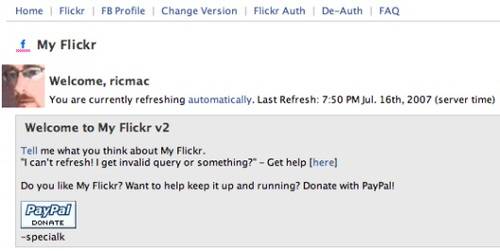
Conclusion
Facebook is an excellent web development platform – there is significant activity and
innovation happening on it (which is why we’re devoting a whole week to Facebook on
R/WW). But in the end, the data isn’t out in the open and developers must adhere to
Facebook standards (FMBL, FQL) as well as some Web standards (REST APIs). So Facebook is
not open, really.
I guess the real question is: does it matter? Well the Web’s history gives us the
answer to that. Yes it does matter, because when any company controls a closed,
proprietary Internet platform – history shows that it ends in hubris (e.g. AOL,
Microsoft). Facebook doesn’t control social networking yet, far from it. But it’s
feasible that they will in future, if/when MySpace is vanquished.
What do you think – Facebook platform, good or bad?



